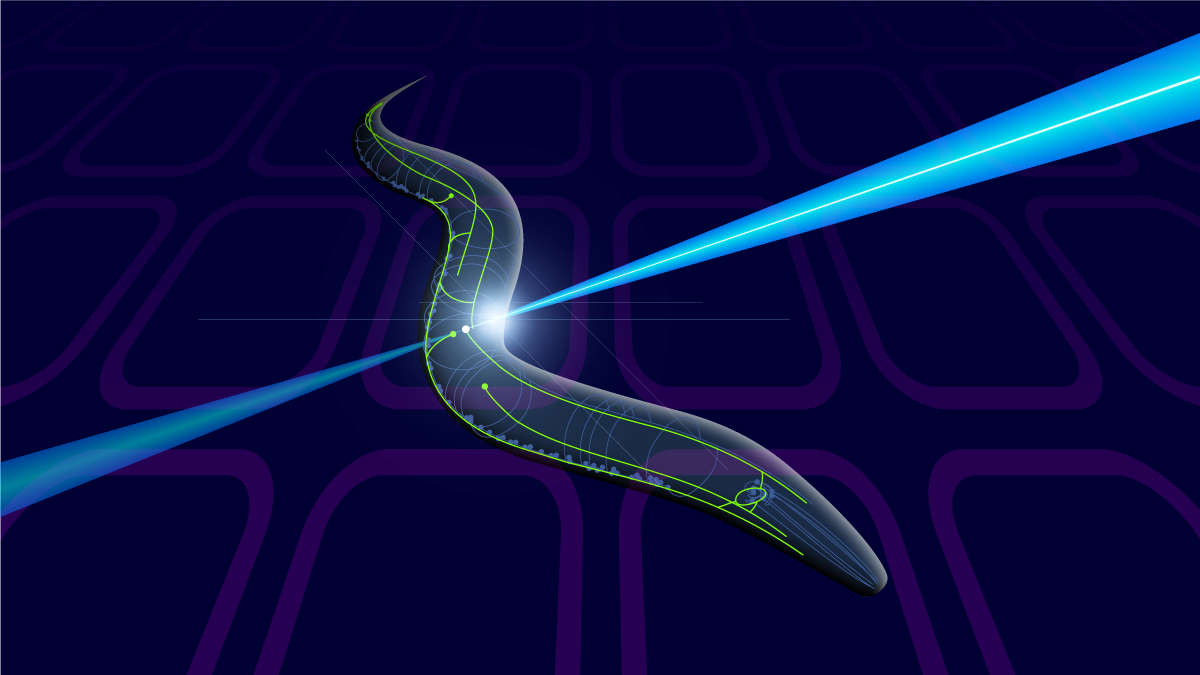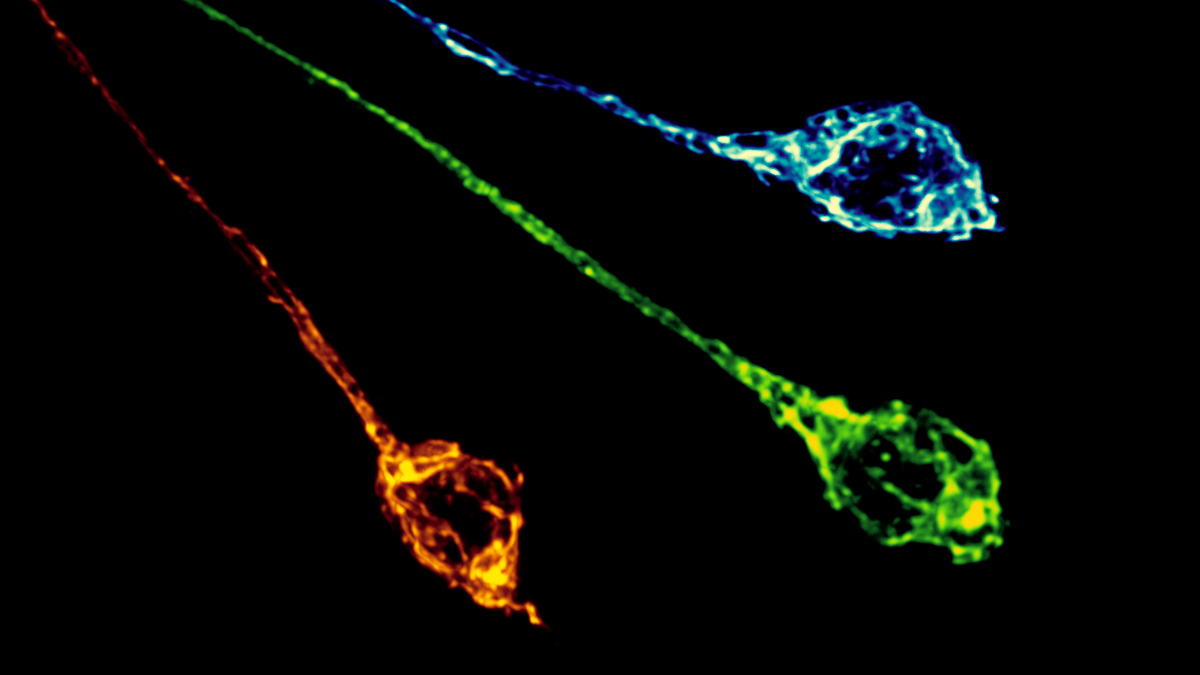University of Queensland (UQ) researchers have discovered a molecule that can protect brain cells from damage caused by oxidative stress and autophagy, processes linked to many brain diseases.
Dr Alessandra Donato and Professor Massimo Hilliard from The Clem Jones Centre for Ageing Dementia Research (CJCADR) at UQ’s Queensland Brain Institute said the findings could open new possibilities for treating conditions like stroke.
“Oxidative stress, caused by free radicals, can damage neurons by activating a process called autophagy,” Dr Donato said.

“Autophagy is like the cleaner of the cells – it breaks down and recycles old, damaged, or abnormal cell parts in many species, including humans.
“It’s a normal and generally positive cellular process, but when it gets out of control, it can contribute to cell death, much like inflammation.”
“Inflammation is generally good but if the inflammation becomes chronic, it can do serious damage. The same is true for autophagy.”
Professor Hilliard said his team had identified a molecule – OSP-1 – that could help regulate the autophagy process in neurons, making it a potential target for new treatments to protect brain cells from damage caused by oxidative stress.
“The idea is that potentially, by using this OSP-1 molecule, we can block autophagy the moment there is a stroke or the moment there is an acute insult to the cell that activates autophagy,” Professor Hilliard said.
“Possibly, we can put the brakes on it genetically or by acting on that pathway using a drug treatment.”

The team completed these studies in the roundworm C. elegans and in mammalian cells in the dish and can now explore whether this can be applied in vivo in rodents to influence stroke outcomes.
This research has been conducted in collaboration with Professor Elizabeth Coulson’s team and with Professor Hang Lu at the Institute of Technology in Atlanta. Professor Coulson is also a member of CJCADR, QBI and Head of UQ School of Biomedical Sciences.
The research paper has been published in Nature Communications.
Media: QBI Communications, communications@qbi.uq.edu.au, Elaine Pye +61 415 222 606, Merrett Pye +61 422 096 049



